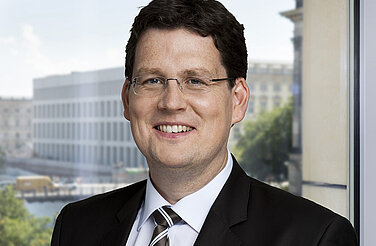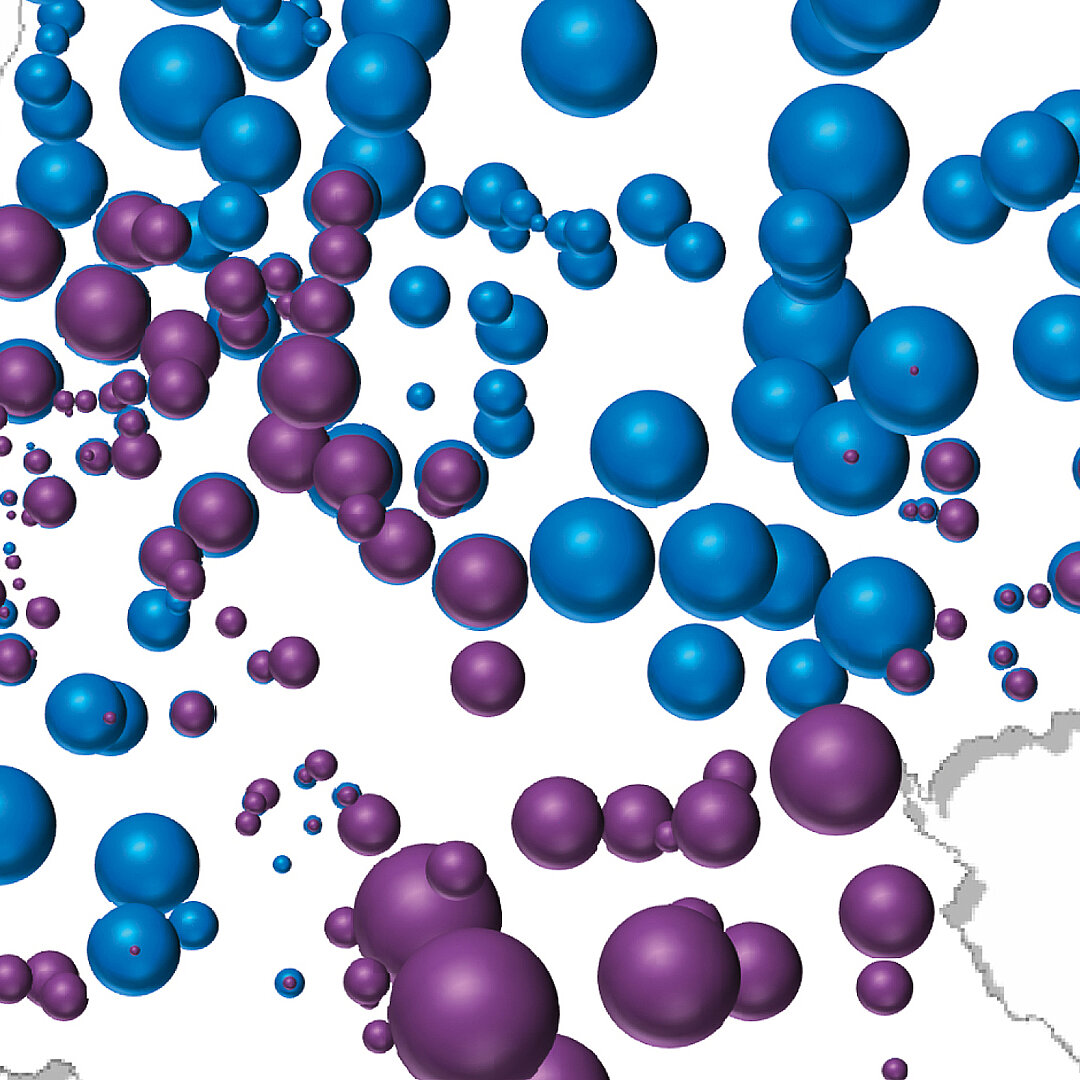This content is also available in: German
Great leeway in expanding renewables
Final report – study for Agora Energiewende finds that it makes little difference in terms of cost whether wind turbines and solar arrays are built in locations with the best resources or close to areas of consumption.
Berlin, June 07, 2013. According to a new study conducted by renowned researchers on behalf of Agora Energiewende, it makes little difference in terms of cost whether wind turbines and solar arrays are built in locations with the best resources or close to where power is consumed. "In terms of cost, the difference in regional distribution is nearly negligible. We therefore have a lot of leeway in designing policies to promote onshore wind power and photovoltaics," explains Rainer Baake, director of the think tank supported by the Mercator Foundation and the European Climate Foundation.
If the sites with the best resources are used for the energy transition, wind turbines will be installed along the coast in the north, with solar arrays going up in the south. As a result, fewer systems would need to be installed, but in return some of the wind power and solar power generated would occasionally be lost because the grid cannot take it up, leading to additional costs. In contrast, if the systems are installed close to where power is consumed, more systems will be needed to generate the same amount of electricity, but there are positive effects on the power supply system: power will be produced more evenly across time and closer to consumers. In other words, the consumption-driven scenario means that less renewable power is lost than in the resource-driven scenario.
Theoretically, it would also be possible for Germany to get a large share of its electricity from photovoltaic arrays with battery storage systems. The study takes the first ever look at the economics of such a scenario and finds that the price of a distributed photovoltaic array with a battery storage system would have to drop by 80 percent over the next 20 years for this scenario to lead to total costs comparable to those of the other scenarios. While such a cost reduction cannot be ruled out, it does not seem likely at present. A large number of photovoltaic arrays with battery storage would not detrimentally affect the reliability of power supply. Even if 150 gigawatts – nearly 5 times the current level – were installed, the power supply system would continue to work smoothly. "On the other hand, it would not be good to focus on PV arrays with battery storage at present because such systems still cost too much," Baake says.
The researchers also looked into what the effects would be on power supply if the grid were upgraded slowly or quickly. They found that, in the long term, investments in grids always pay for themselves regardless of where renewable energy generators are mainly installed. The study also found that Germany does not have to wait for the grid to be expanded before ramping up renewables further. While delays in grid upgrades do increase costs because more wind and solar power cannot be taken up in the existing grid, these additional costs are roughly the same as the savings from delayed grid investments.
Furthermore, the study found that the German government could save some 2.5 billion euros each year and still reach its targets for renewables. But contrary to current plans, the focus would then need to be on onshore wind power and less on offshore. "In expanding offshore wind power, you need to find the right balance. Growth should continue at a low level so that technology and the industry can continue to be developed. At the same time, we will be able to reduce costs," Baake explains.
Aachen-based consulting firm Consentec conducted the study entitled "Cost-optimal growth of renewables in Germany" with support from the Fraunhofer Institute IWES of Kassel. European power supply, load flows, and renewable power exported to the grid were modeled in detail for the analysis.



